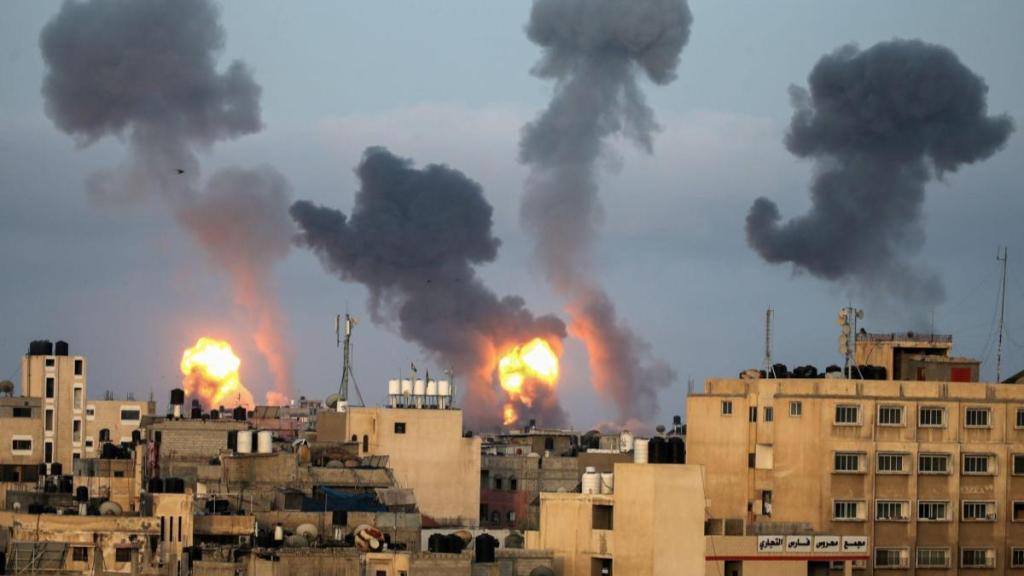In a tragic escalation of violence along the Lebanon-Israel border, an Israeli strike on Tuesday resulted in the deaths of two journalists affiliated with Beirut-based Al-Mayadeen TV, alongside a Lebanese civilian. According to both the Lebanese Information Minister and the TV station, the strike targeted reporters covering the ongoing unrest in the region.
The Pan-Arab Al-Mayadeen TV, known for its alignment with the Lebanese militant group Hezbollah, identified the slain journalists as correspondent Farah Omar and cameraman Rabih Maamari, condemning their deaths as a result of what they termed “treacherous Israeli targeting,” specifying that it was an airstrike.
This devastating incident follows the recent blockage by the Israeli government of Al-Mayadeen TV’s news channel from broadcasting within Israel, reflecting escalating tensions between the two sides.
Lebanese Information Minister Ziad Makary condemned the strike as “outrageous,” while the Israeli military stated that it was investigating the matter.
Local media reported multiple Israeli strikes on South Lebanon on the same day, with the Lebanese State-run National News Agency confirming strikes on the outskirts of Teir Harfa and Majdal Zoun villages. Additionally, a strike on a home in the border village of Kfar Kila resulted in the death of an 80-year-old woman, Laiqa Serhan, and injuries to her granddaughter, who was rushed to the hospital for treatment.
This incident adds to a series of recent casualties involving journalists in the region. Previously, Israeli shelling in southern Lebanon on October 14 claimed the life of Reuters video journalist Issam Abduallah and injured journalists from Agence France-Presse and Al-Jazeera TV.
The Lebanon-Israel border has been witnessing daily exchanges of fire between Hezbollah members and Israeli troops, intensifying following a deadly attack by the Palestinian militant Hamas group on southern Israel on October 7. These clashes have spurred wide-scale military campaigns, notably in the Gaza Strip, resulting in significant casualties.
(With inputs from Associated Press)


